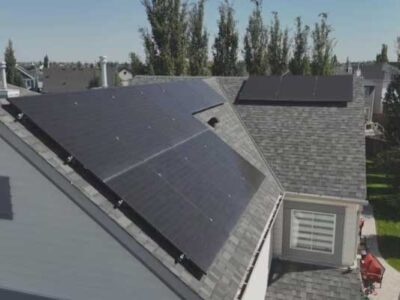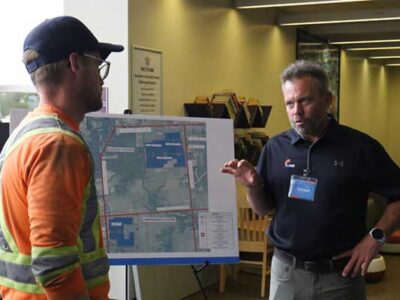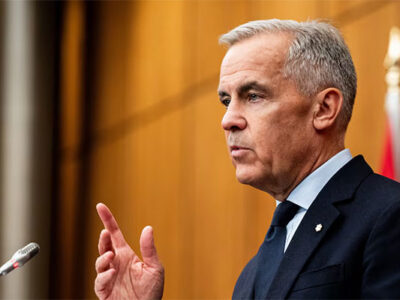In a significant development for electric vehicle (EV) infrastructure, Nissan has announced that it will begin to adopt the North American Charging Standard (NACS) starting from 2025.
I’ve reported on other automakers adopting this technology like Rivian joining Ford & GM, and also Mercedes-Benz.
This transition will provide Nissan EV drivers in the United States and Canada with greater accessibility to charging options, including the expansive Tesla Supercharger network.
Nissan, the first Japanese automaker to commit to supporting the NACS, has stated that beginning in 2024, Ariya models will be offered with a NACS charging adapter.
Currently, these models come equipped with the Combined Charging System 1 (CCS1) for DC fast charging. With the addition of the NACS adapter, drivers will be able to connect their vehicle’s charging port to NACS plugs at compatible chargers.
Following this, from 2025 onwards, Nissan will start selling EVs for the North American markets equipped with a NACS port.
This transition will provide Nissan EV drivers with a more seamless and convenient charging experience, significantly increasing the number of public fast-charging locations that Nissan EVs can utilize.
Jérémie Papin, chairperson of Nissan Americas, emphasized the adoption of the NACS standard as part of Nissan’s commitment to promoting electric mobility.
“We are pleased to be able to offer Nissan EV drivers access to thousands more fast chargers, enhancing both confidence and convenience for those planning long-distance journeys,” said Papin.
The move towards the NACS charging standard is aligned with Nissan’s ‘Ambition 2030’ strategy, under which the company aims for over 40% of its U.S. vehicle sales to be fully electric by 2030.
Nissan is further ramping up its electrification efforts with plans to introduce two all-new, fully-electric vehicles assembled at its plant in Canton, Mississippi, starting in late 2025.
These strategic moves reflect Nissan’s broader vision of transitioning towards a more sustainable and electrified automotive future.














Comments